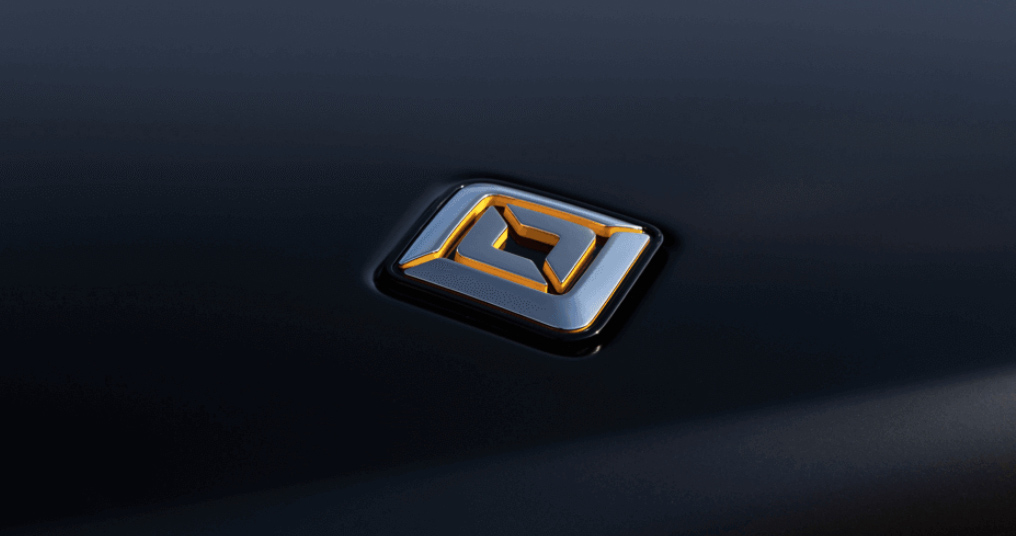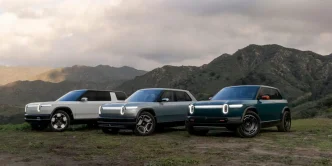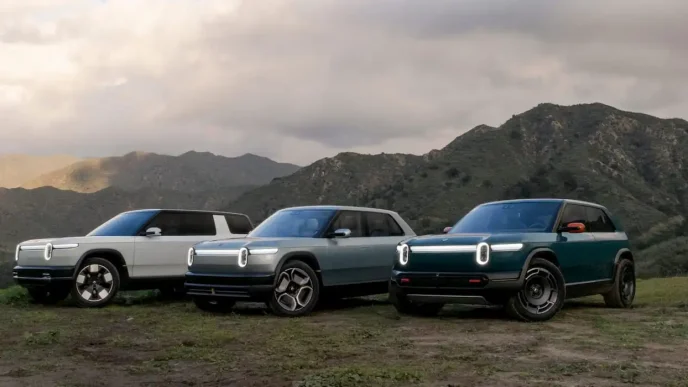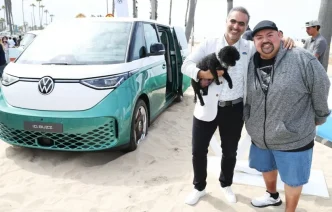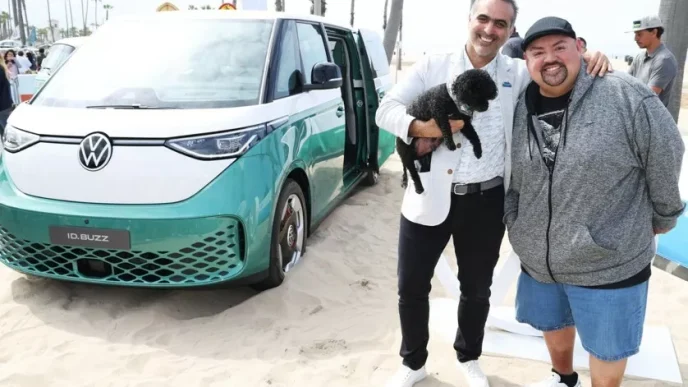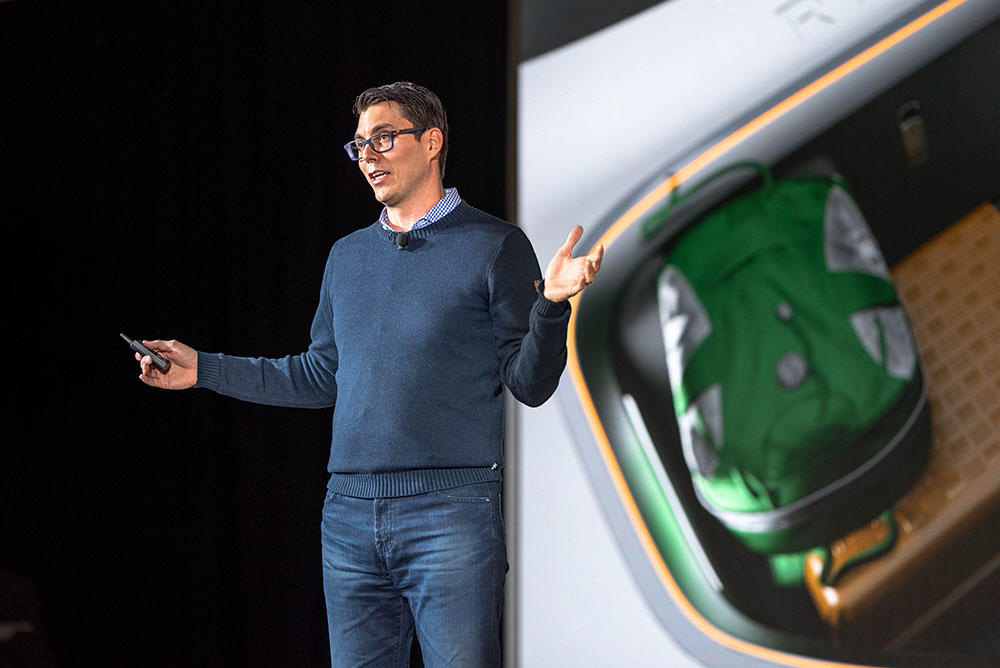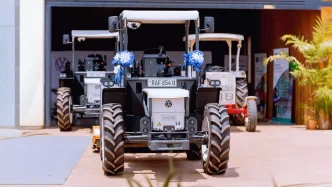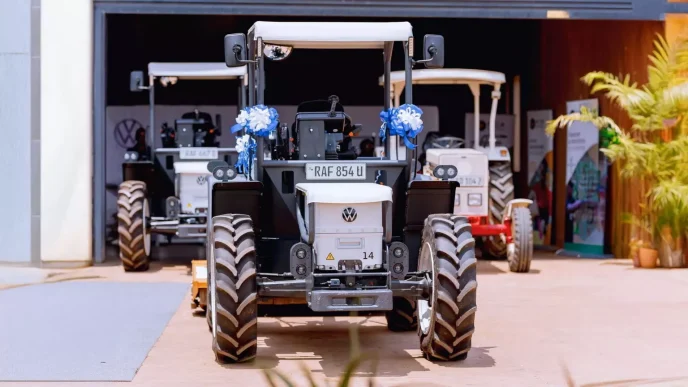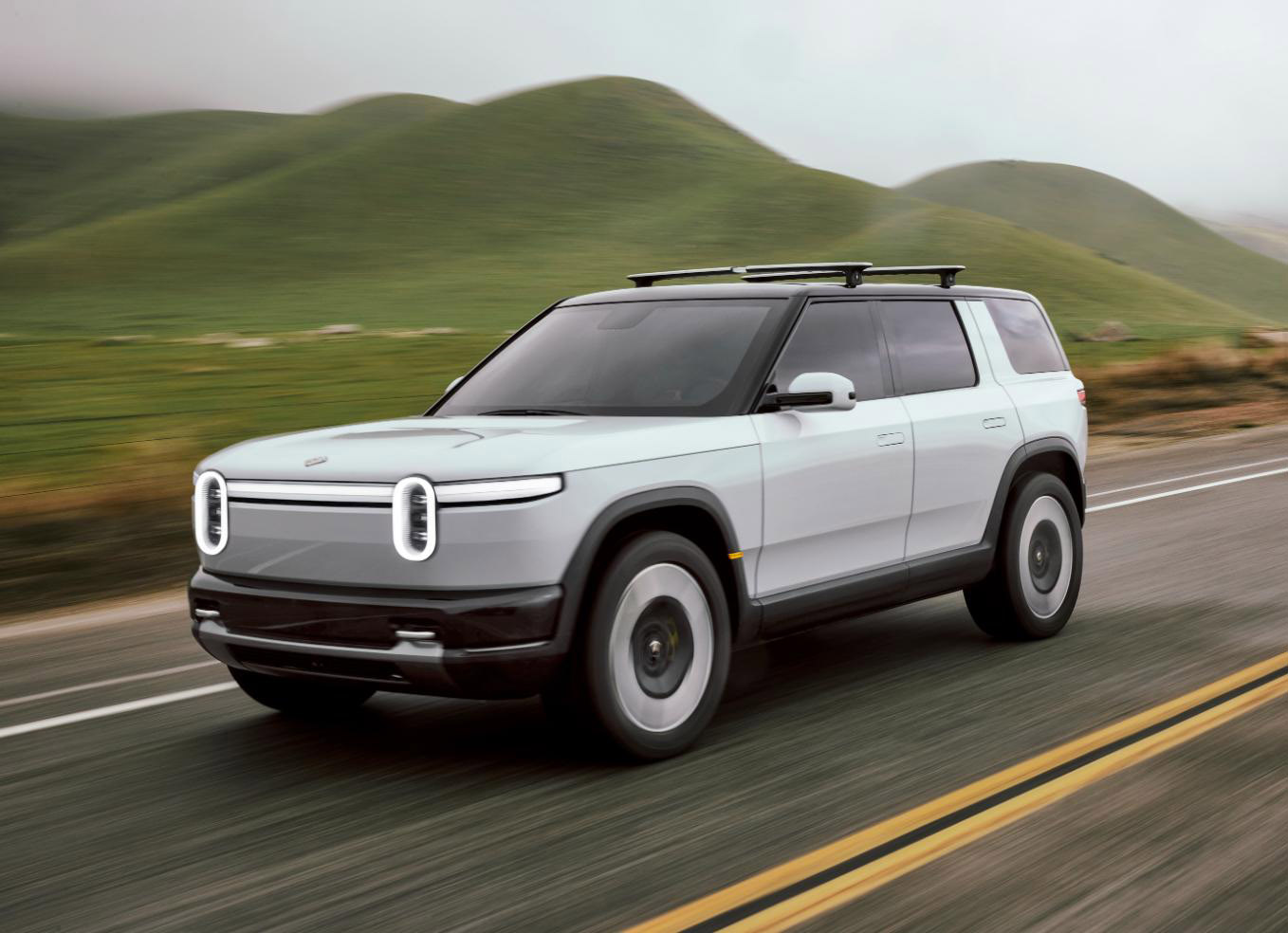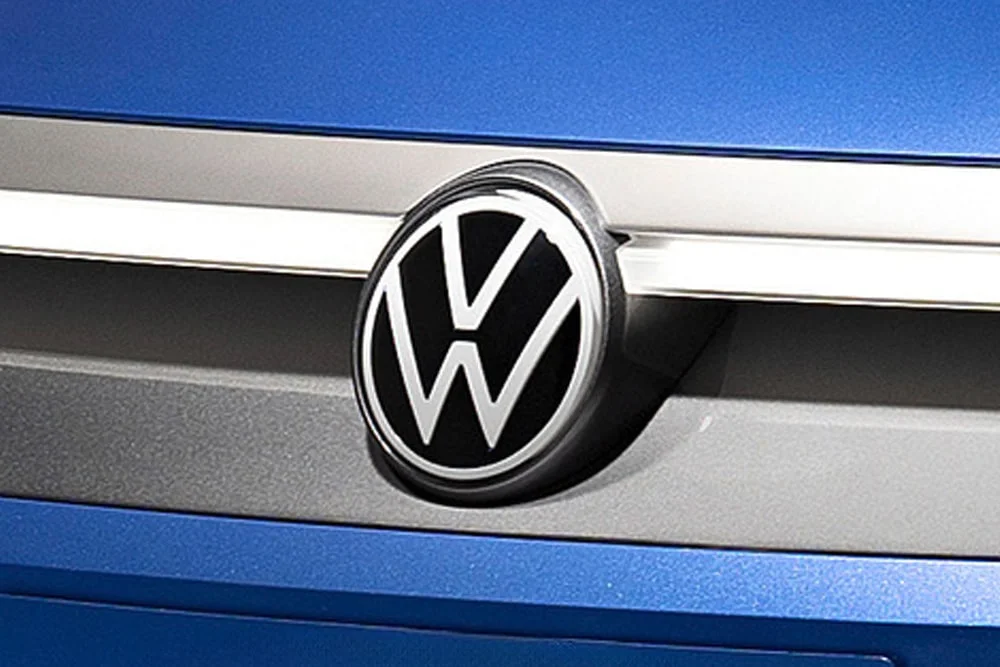Volkswagen Group announced on Tuesday a 16% increase in its investment in Rivian, raising its stake to $5.8 billion as the two companies formally launch a joint venture focused on electric vehicle (EV) architecture and software. The partnership aims to enhance both firms’ EV capabilities, with Rivian’s software and engineering expertise supporting Volkswagen’s EV lineup, including its Scout Motors unit.
The new collaboration, called Rivian and VW Group Technology LLC, will work on integrating advanced electrical and software systems for EVs across multiple segments. Rivian’s shares jumped nearly 9% in after-hours trading following the announcement, which pushed its market valuation to over $11 billion.
“This partnership and this deal secure the capital for us to ensure that we can not only take Rivian through the launch of R2 at Normal but also secure the growth of R2 in our Georgia facility and through to being cash flow positive for us as a business,” Rivian CEO RJ Scaringe told reporters. The R2, a compact, affordable SUV, will debut at Rivian’s Illinois plant, and future production is planned at its forthcoming Georgia facility, for which Rivian applied for a federal loan last month.
Volkswagen’s increased investment includes an initial $1 billion convertible note, along with $1.3 billion allocated for intellectual property licenses and an equity stake, plus up to $3.5 billion in equity, notes, and debt, tied to future production milestones. Analysts believe the venture may help Volkswagen address longstanding delays and setbacks in its own software unit, Cariad.
Volkswagen has communicated the importance of cost-cutting measures to its employees amid competitive pressures, with recent profit drops leading the company to request a 10% pay reduction to safeguard jobs. For Rivian, the joint venture signals a pivotal moment. “We’ve been bombarded by numerous major automakers… trying to get their hands on these materials to test them,” said Rivian’s Chief Software Officer Wassym Bensaid, underscoring the potential of Rivian’s technology to reshape EV offerings.
The joint venture is initially based in Palo Alto, California, with additional sites in development. The partnership aims to use Rivian’s platform to launch its R2 in the first half of 2026, with Volkswagen models potentially following in 2027.

